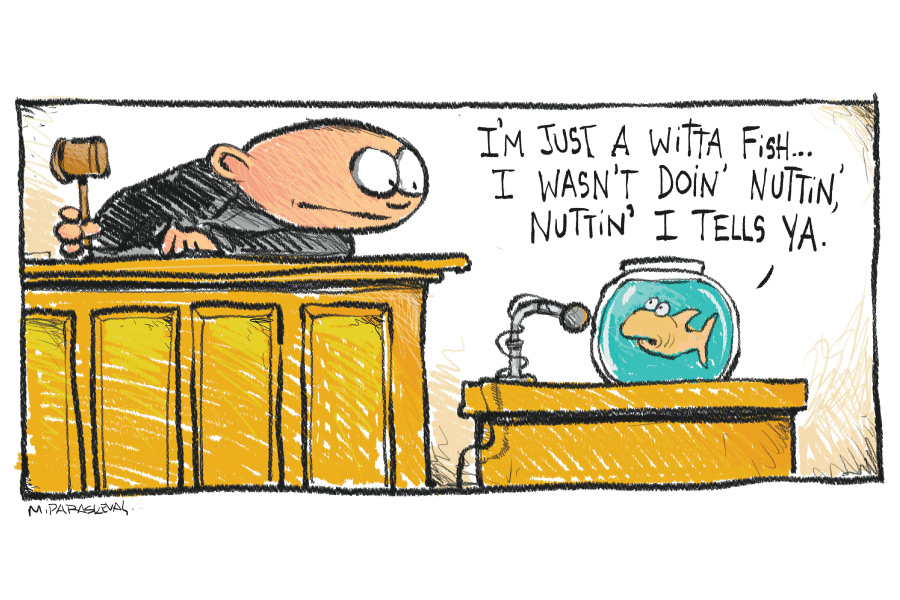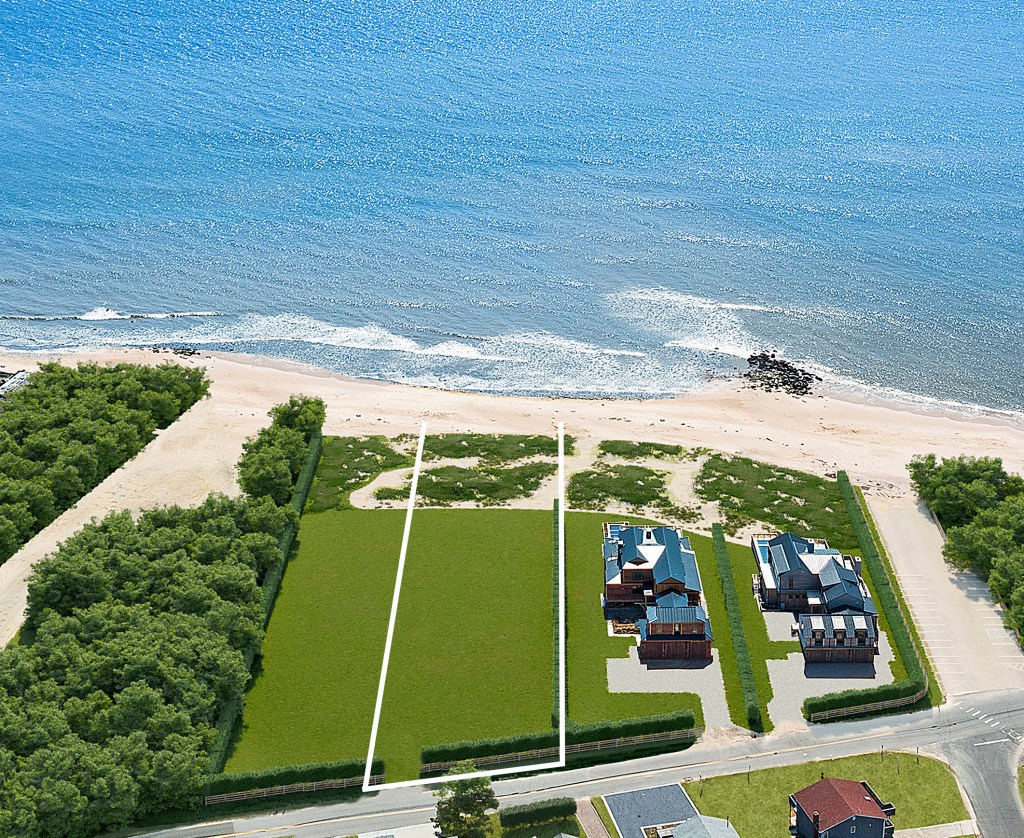One Man One Vote: Democracy Isn't for Everyone These Days

All my life I’ve believed that the American system of government was the best thing on earth, should be fought for if threatened, and should serve as a model for other countries that are changing the way their leaders rule.
This was largely what most people in the world years ago thought, too. After the wreckage created by the Second World War, most new governments aimed at emulating the government of the United States. It was all about one man, one vote. The man with the most votes wins. The people accept the result, and are proud to have been a part of it.
In recent years, however, our way has dropped in popularity. A recent poll I read about in The New York Times confirms this. People are more likely to choose a parliamentary form of government, where different factions with different beliefs form political parties and then, after an election, jockey with one another to create coalitions that come to rule. When the coalition falls apart, then new elections are called, certain factions gain votes. Others lose out. Israel is an example of this form of government. England is another.
A year ago, this was tried in Egypt. This country had been under the spell of a dictator for more than a generation. Protests swelled across the country. He was removed. Elections were held. And presumably, the winner should have ruled until a few years later when there would be elections once again.
Unfortunately, the group that won the election had a majority of the vote and did not need any coalition. Furthermore, the philosophy of this group was that only they were fit to rule and everybody else should either be arrested, shot or harassed out of town. In the end, the army took over, arrested these leaders in office and declared that their political party, the Islamic Brotherhood, was playing outside the rules. Membership in this party, the most popular in the country, was banned. It would never be permitted in elections again.
Did you know that after World War I, a democracy was set up in Germany? Adolf Hitler formed a political party that ran candidates for office during what was called the Weimar Republic. And this party never did have a majority. It came close, though, and by linking temporarily with some small political parties, it was able to form a government. After that, the new government, run by the Nazis, banned having elections. And we all know what happened after that.
That was then, though. And today is today. Look at the two most populous countries on earth.
India, with 1.2 billion people, has a parliamentary government that is too egocentric and chaotic to be able to create popular public works or proper infrastructure for the general public. The country is staggering along.
China, with 1.4 billion people, is run like a business. It is also a communist state. People don’t vote to elect these national leaders. And yet the Chinese are building what will soon be the wealthiest country in the world, one that may lack some personal freedoms but one which is creating commercial ventures and public works at an unparalleled rate.
And then there is Russia. Created as a democracy after the collapse of the Soviet Union, it suffered through a chaotic period where nothing got done and where the general public did vote into power a former member of the secret police, who has created prosperity but at the same time dismantled all the freedoms. People now fear him. But in a free election, if there were one in Russia, he would win in a landslide, he is so popular.
And then there is our own country. In spite of our “one person, one vote” cry, we have several times seen candidates who did not get the most votes for president who were declared president, anyway. George W. Bush got fewer votes than Al Gore. And it has happened before.
How could this be?
Truth is, we don’t have a “one person, one vote” rule. When the country was founded after the defeat of the British, there was one group of people, headed by Alexander Hamilton, who wanted the rich to run the country and, among themselves, elect a “king.” A second group of people wanted “one man, one vote.” In the end, with a compromise hammered out by Ben Franklin, the two groups each got to have a say in how things ran.
The House of Representatives became the voice of the people, with the larger states getting the larger number of representatives. But then there was the Senate. States with large populations got two senators. States with small populations got two senators. This was definitely not one man, one vote.
Then it was decided a headcount of a group of “electors” would get together to vote on who should be president. That’s how, on occasion, someone who finishes second wins. Finally, “one man, one vote” only meant landowners were allowed to participate. Women could not vote. Renters could not vote. And, of course, slaves could not vote.
The truth is, I think, that around the globe, humans most often assemble themselves into tribes. These tribes elect their own leaders, or decide who could lead by whoever could win the most wrestling matches, or who the old leader decided would succeed him. Tribal governments do work.
A good example of this is Libya. In Libya, the ruler of all the land comprising hundreds of tribes, General Gaddafi, was deposed, and it all fell apart into the tribes again. Some of the tribal leaders are brutal, and we call them “war lords.” Those who aren’t brutal, we call “tribal leaders.”
America, for more than a century, thrived as the most inventive, smartest, happiest and creative place on the planet. It was an accident, really. We are not really better than anyone else. But as it happens, when we got here we found landthat had rich soil and abundant water,surrounded by oceans that insulated us from strife. Many of the people arriving were individuals who either fled from or were cast off from tribal life elsewhere, coming here to form—well, eventually the United States of America, a land where there are so many different groups everyone pretty much gave up on the idea of running everything themselves and casting everybody else out.
And, voila, democracy!
For us, it’s the best show in town. Elsewhere, however, I have come to believe our way just might not always be the best way.



